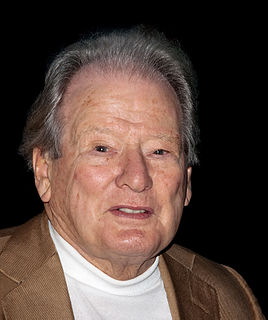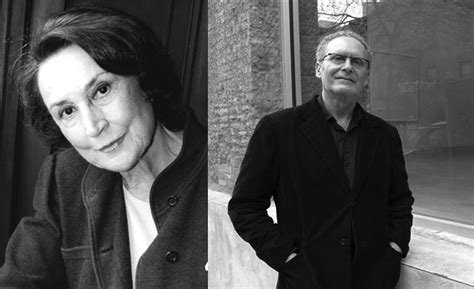A Quote by Ross Douthat
For American philo-Semites, the Jewish experience wasn't just one minority experience among many, but a signal and elevated case.
Related Quotes
My experience as a Jewish American has often been as a spectator of one-sided conversations, or more like monologues, about Israel, Jewish History, Jewish identity, etc. Although there are profound divisions amongst Jews on all of these topics there are not many opportunities for deep and thoughtful dialogue about them.
Exhibitions of minority art are often intended to make the minority itself more aware of its collective experience. Reinforcing the common memory of miseries and triumphs will, it is expected, strengthen the unity of the group and its determination to achieve a better future. But emphasizing shared experience as opposed to the artist's consciousness of self (which includes his personal and unshared experience of masterpieces) brings to the fore the tension in the individual artist between being an artist and being a minority artist.
Whenever there is a reaching down into innermost experience, into the nucleus of personality, most people are overcome by fear and many run away. . . The risk of inner experience, the adventure of the spirit, is in any case alien to most human beings. The possibility that such experience might have psychic reality is anathema to them.
Those who call themselves anti-Zionists usually insist they are not anti-Semites. But I struggle to see what else to call an ideology that seeks to eradicate only one state in the world - the one that happens to be the Jewish one - while empathetically insisting on the rights of self-determination for every other minority.
I wish reporters were more in tune to the difference between the Asian experience and the Asian-American experience. I think often they lump the two together and think that when I talk about Asian-American narratives that they can cite 'Crouching Tiger, Hidden Dragon' or 'Mulan' as proof of concept when it's a different experience.
People should go to the works and experience them. Because just having an idea or picture in mind is absolutely not the experience that's necessary. Even just landing in Albuquerque or Salt Lake City or Las Vegas was immediately part of the experience. And then you'd get in a car from the airport and take these very long trips - in Michael Heizer's case, it was three hours by car to get to his work. And then there's walking around and into the piece and seeing it from different angles. The kinetic experience of being a part of it physically was very important for me.



































